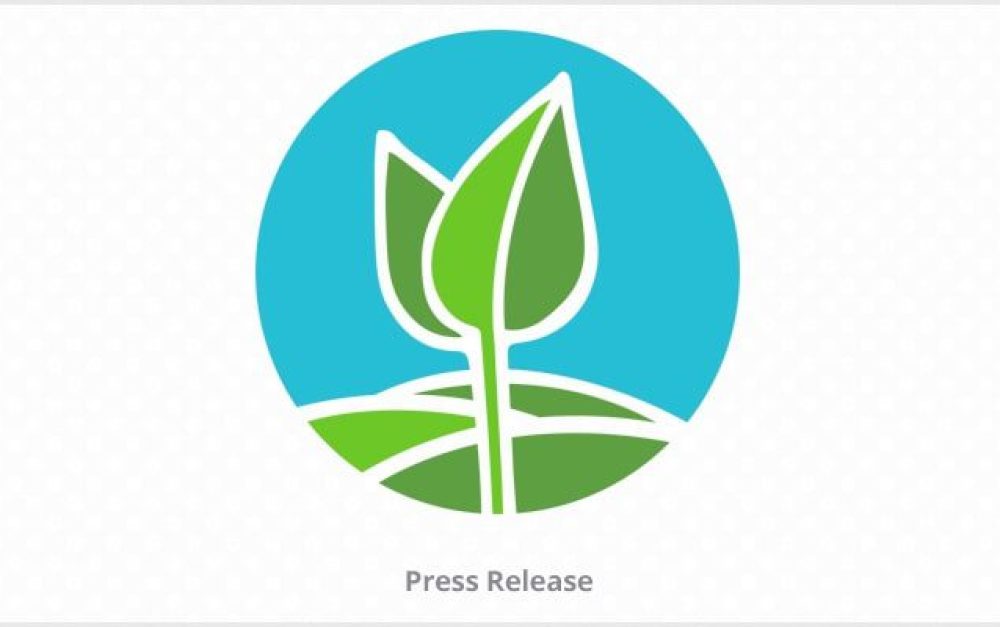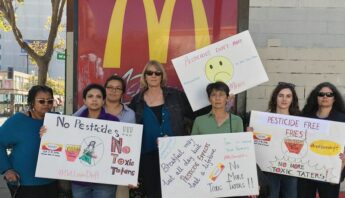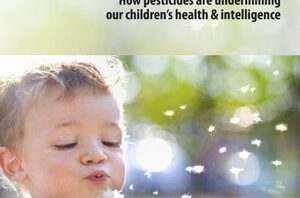For Immediate Release: November 26, 2012
Contact: Paul Towers, 916-216-1082, ptowers@panna.org
Pediatricians Agree: Time to Protect Kids from Pesticides
Oakland, CA – A growing body of scientific evidence points to pesticide exposure as a significant contributor to the harmful effects of pesticides on children. In a new report released earlier today, the American Academy of Pediatrics (AAP) underscored these findings and urged policymakers to take action. The pediatrician group’s findings and recommendations are similar to those highlighted by Pesticide Action Network (PAN) last month in a report entitled A Generation in Jeopardy: How pesticides are undermining our children’s health and intelligence. In particular, both reports urge policymakers to reduce children’s exposure to pesticides, including protecting children where they live, learn, and play, and investing in farmers who pursue less toxic pesticide alternatives.
In response to the new report, Emily Marquez, PhD, a staff scientist and endocrinologist at PAN and co-author of “A Generation in Jeopardy,” released the following statement:
“Over the past five years, the body of evidence linking pesticide exposure and childhood health harms is growing quickly and becoming increasingly strong. Kids today are sicker than they were a generation ago, confronting serious health challenges that their parents and grandparents were unlikely to face. And as the new AAP report suggests, evidence of pesticides harming the brain and nervous system and links to certain childhood cancers are particularly concerning.
Children are also uniquely vulnerable to the impacts of pesticides. Environments we’d like to consider ‘safe’ — from the womb to the classroom to the kitchen table — often bring children into contact with harmful pesticides. Quickly growing bodies take in more of everything. Relative to their size, kids eat, breathe and drink much more than adults. An infant takes in about 15 times more water than an adult per pound of body weight, and up to age 12, a child inhales roughly twice as much air.
It’s time to make a solid start for our children a national priority. While individual household choices can help, protecting kids from the health harms of pesticides requires real policy change. Policymakers should take stock of the growing ‘silent pandemic’ of learning disabilities and disorders and take swift action at the local, state and federal levels.
Citing AAP’s research, PAN urges policymakers to: (1) prevent the pesticide industry from selling agricultural products that can harm children’s health; (2) protect children where they live learn and play; and (3) invest in farmers stepping off the pesticide treadmill.”
Additional resources for editors and reporters:
- AAP’s policy statement on pesticide exposure in children (to appear in December issue of Pediatrics
- AAP’s technical report on pesticide exposure in children (to appear in December issue of Pediatrics)
- PAN’s Oct 2012 report “A Generation in Jeopardy: How pesticides are undermining our children’s health and intelligence”







